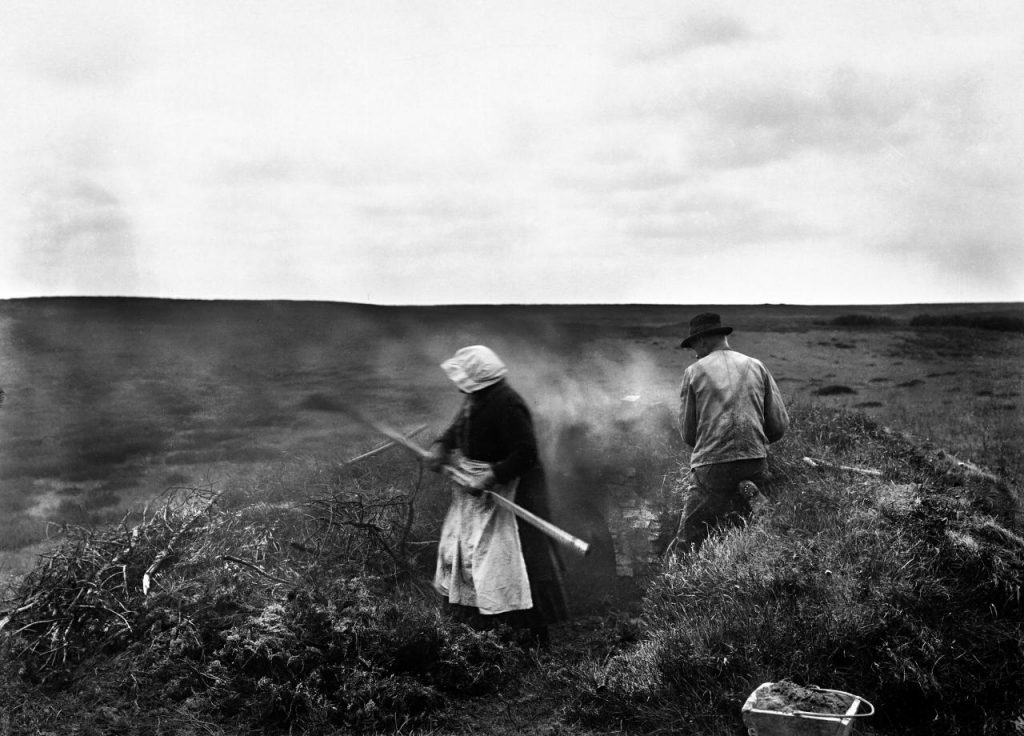
The death of the personal website has been lamented by many but I’m going to do it again. It is the worst trend to hit the web in the last 10 years. As Google and Facebook (and lately Amazon) have centralized the web, personal websites are vanishing. Instead, people and bots yell at each other on sites that mine our data and watch what we do.
The web I remember was different.
Twitter and Facebook were once places where you shared links to your website, not the place where you shared the content yourself.
Google was the directory where you discovered new content to visit, not the destination for consuming hours of content per day.
There was something special about typing in a URL and going to a site that was maintained by the person writing on that site. Each website was unique. Some were ugly, even.
Those were the good ol’ days where the broader experience of the web wasn’t over-engineered to death to maximize engagement at every turn.
Fundamentally, the web is still driven by content created by individuals. But by giving all of our content to Google and Facebook, the power of the web has greatly shifted to 2 companies instead of being distributed among the people.
Ironically, it is easier than ever for people to create their own sites, host their own email server, host photos, etc. 1-click installs are ubiquitous, WordPress is easier than ever to customize. But more and more content is shifting away from personal sites.
The last few years have already revealed Google and Facebook shifting to a pay-to-play model. We give them the content and if we want anybody to see if we have to pay. This is digital sharecropping on steroids that Nicholas Carr has written about in the past on his personal blog.
Carr penned the term in 2006 and he was rightfully scared of where things were headed and they’ve turned out even worse than he could have imagined.
Another scary trend is the integration of Facebook, Google, and Amazon into the personal website. Through hosting, commenting platforms, codebases and by controlling 80% of the web’s referral traffic even going the personal website route is difficult to escape big tech’s grasp. Your choice is to either give in or get no traffic.
Unless you go to extremes , by using the web in 2019 = using Google. Your visits, clicks, photos, tweetstorms, et. al are funneling into the Big Three in one way or another. You can fight hard to limit your contribution but the Big Three’s ever expanding web will catch you sooner or later.